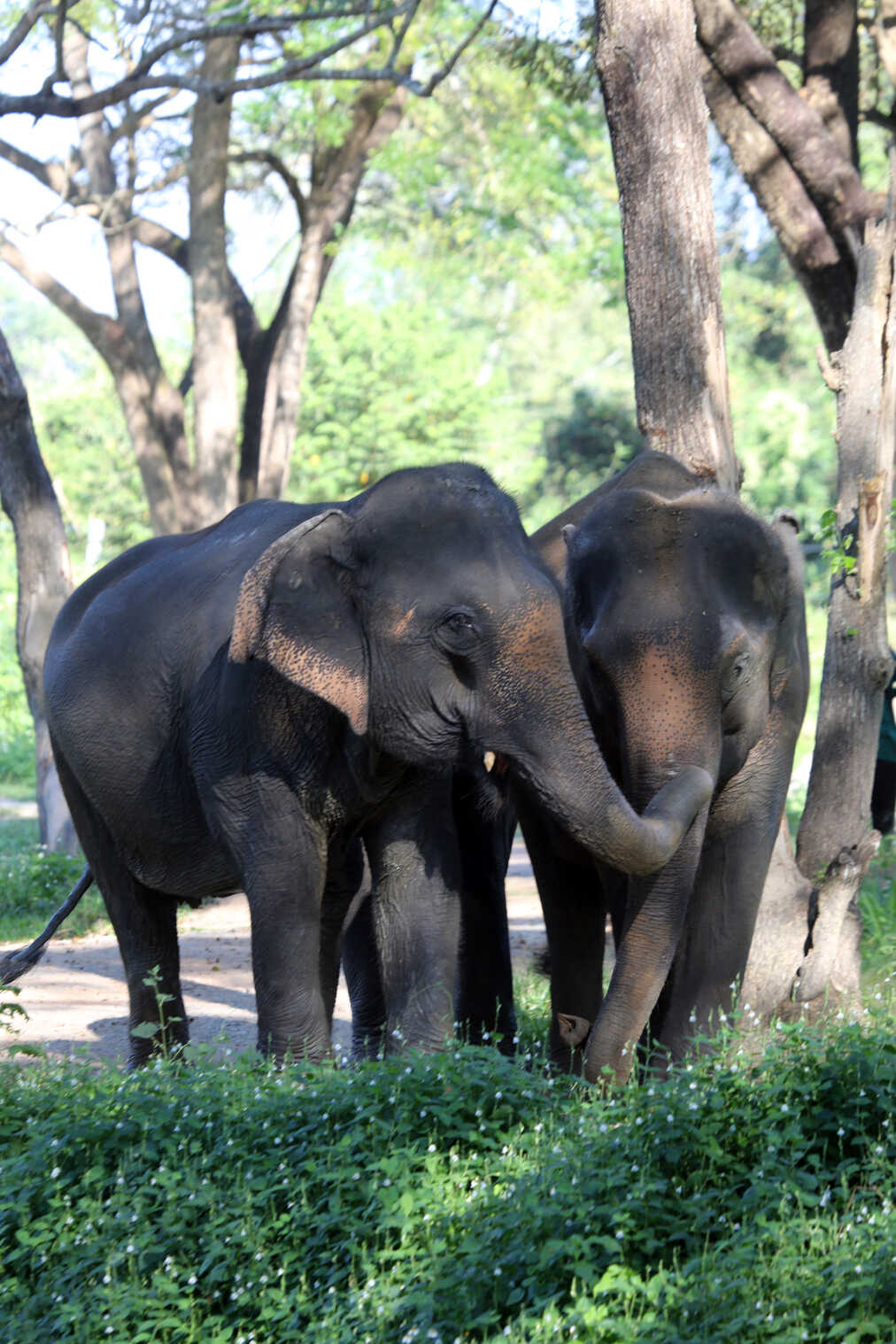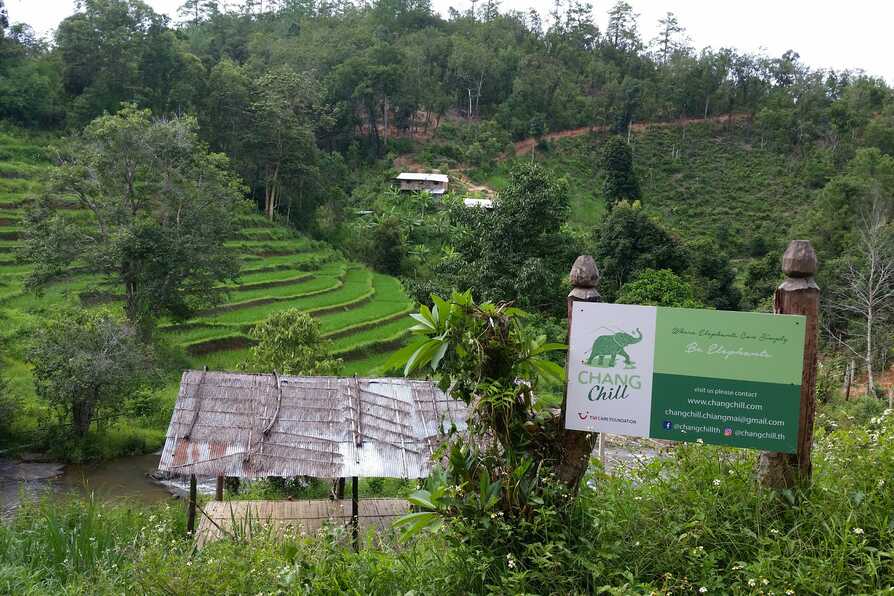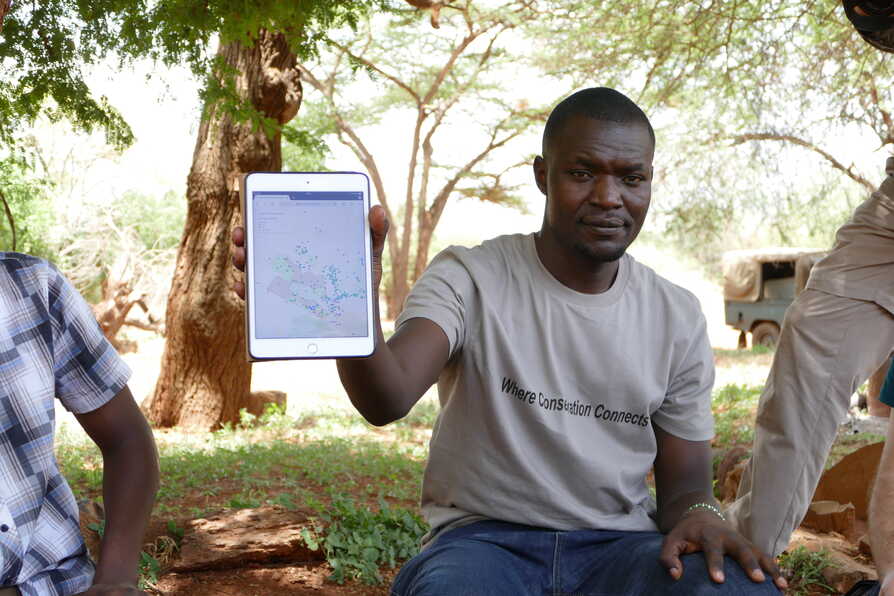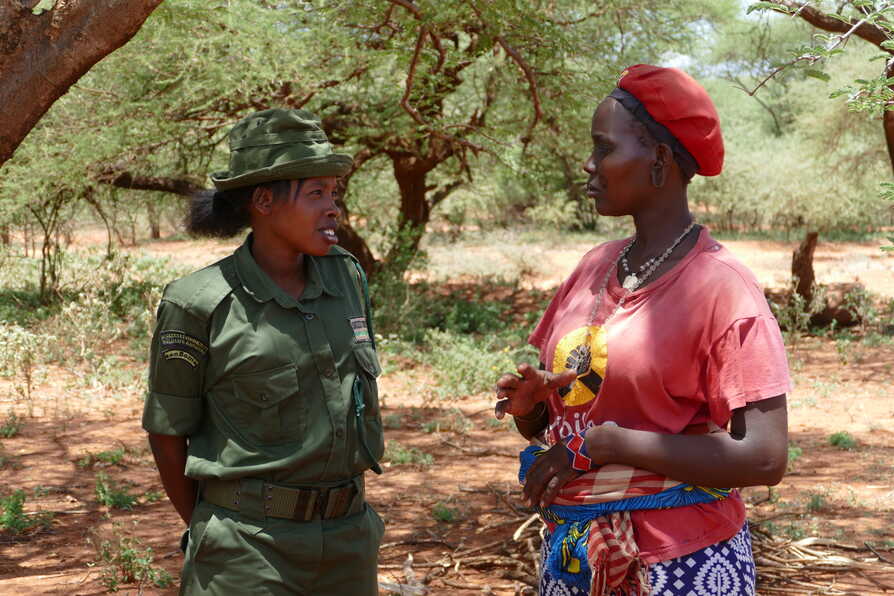
From driving demand to elephant friendly venues in Thailand to protect elephants in captivity, to working with local communities to stop poaching of wild elephants before it happens. Since 2016, the TUI Care Foundation has helped develop projects in Asia and Africa which build on the potential of tourism as a force for good.
On August 12 the world celebrates Elephant Day, to remind us of the importance of these magnificent creatures and the numerous threats they face. But also to invite us to act on it. The escalation of poaching, habitat loss, human-elephant conflict and mistreatment in captivity are just some of the threats elephants face, all common to both African and Asian elephants.
In many of the countries hosting large elephant population tourism is a key driver for growth. Such is the case of Kenya, which has the fastest growing travel and tourism sector and constitutes the third largest tourism economy in Sub-Saharan Africa – according to the WTTC. On the other hand, Thailand highlights as the largest tourism economy in South East Asia. Both countries host a large elephant population, but the more urgent threats they face differ. While in Kenya most elephants are in the wild, the majority of elephants in Thailand – around 4,000 – are held in captivity.
Precisely because elephants roam free in in Kenya’s Tsavo Park, a park hosting the largest elephant population in the country and with the particularity of having no fences, human-wildlife conflict constitutes an unavoidable aspect to deal with. And it needs to be dealt in close cooperation with the local communities (mostly Maasai) living next to the animals in the park. Rosemary Melishoza from the Kenya Wildlife Service (KWS) explains: “Sometimes wild animals would not let children walk safely to school, especially in winter – from May to August – when animals are everywhere.” These communities also face raids by elephants endangering crops, livestock and even human lives. Such circumstances lead to angry and desperate farmers who try to fend off elephants.
The tenBoma project, supported by the TUI Care Foundation in Tsavo Park as part of its partnership with the International Fund for Animal Welfare (IFAW), is working with Kenya Wildlife Service (KWS) rangers but also with community rangers to prevent poaching before it happens and to find solutions to the problems faced by local communities living next to elephant populations. Moses Merin, a Maasai working in the community outreach programme, explains: “Those trained and employed as community rangers come from the communities we work with. This way they directly see the benefit of protecting wildlife.” The TUI Care Foundation is not only supporting human-wildlife conflict management meetings held with five different local communities in Tsavo Park, but also providing equipment to rangers to develop new intelligence gathering strategies to protect elephant populations in Tsavo Conservation Area. In partnership with Kenya Wildlife Service and Tsavo Trust, the initiative provides training and mentoring to 130 Kenya Wildlife Service and community rangers to transform data into actionable information so as to reduce poaching and human-elephant conflict incidents.
In Thailand, circumstances for elephants are different and so are the solutions that the TUI Care Foundation is supporting to fight the main threats they face. Asian elephants have smaller ears and different head shapes than their African counterparts but this is not that what makes them different. The captive elephant industry for elephant rides and performances has been growing steadily in Asia since decades, there is a long mahout tradition and the majority of elephants are in captivity. Tourism, which represents over 20% of the country’s GDP, can act as a powerful force to help change bad practices and protect those elephants already in captivity from cruelty. We have seen positive developments in the last years as over 200 global travel companies signed an elephant-friendly pledge and agreed to no longer offer visits to venues with elephant rides and shows. On the other hand, demand for elephant friendly venues and experiences has been growing steadily among informed tourists.
Still, behind many venues in Thailand that offer poor welfare activities, there are local families that depend on them as their sources of income. In order to foster real long-lasting change, their needs and concerns need to be taken into account.
Trying to link all parts of the equation to build an elephant friendly future, the TUI Care Foundation supported the development of a sustainable “business model” with which income could still be generated but, at the same time, it put the elephant welfare at the centre. In order to do so, the foundation partnered with World Animal Protection and worked hand in hand with animal experts and the best local venues already offering elephant friendly experiences in Thailand to identify key trends and practices that could be then articulated in a solid business proposal for local elephant owners. The result? The transition of a local Thai elephant venue (previously offering rides and shows) to a fully elephant-friendly one in June 2019. The transition started in 2018, and for a year the mahouts were trained in elephant friendly practices and the venue’s infrastructure was upgraded. Here people can now experience elephants being elephants in a natural setting – without direct interaction. The new venue is called ChangChill (Thai for “relaxed elephant”), and it is expected to serve as role-model for other local venues to follow.
We can all now help make a difference just by visiting and supporting these kind of initiatives. The model is up and running and leading the way, and with a rising demand for these kind of initiatives the TUI Care Foundation expects to incentivise more and more venues to join the initiative and transition into elephant friendly ones.
Elise Allart, Executive Director Programmes and Operations at TUI Care Foundation, explains: “TUI Care Foundation and World Animal Protection are creating a sustainable best-practice model around this elephant friendly venue. It is a model that can be replicated easily by other camps here in Thailand and also in other countries in Asia.”
The TUI Care Foundation has been working for years to protect elephants in captivity, promote elephant-friendly venues, prevent human-elephant conflict and raise awareness among visitors to destinations around the world. Previous projects also include using chili peppers and bees to prevent human-elephant conflict in Tangerine National Park in Tanzania. These projects are part of the foundation’s TUI Elephant Aid programme, which uses tourism as a force for good to protect elephants in destinations worldwide.






